Jimmy Carter, former US president, dies at the age of 100
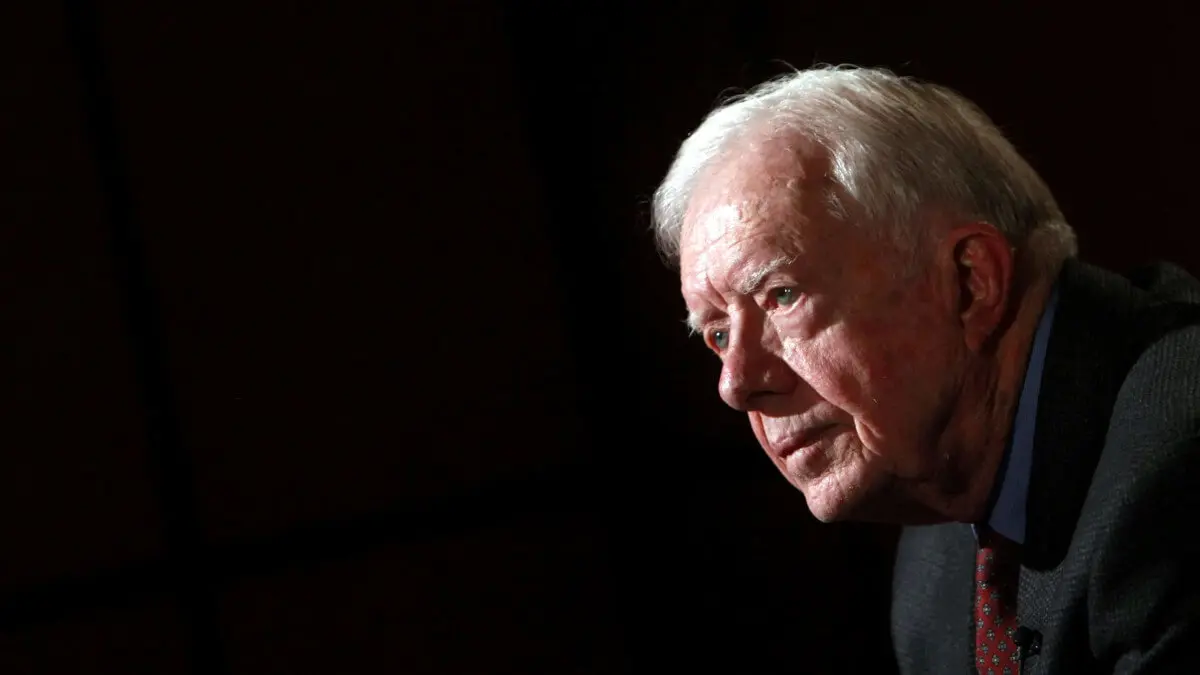
The 39th president of the United States, Jimmy Carter, has died at the age of 100 in Plains, the Georgia town where he was born and raised. Carter governed from 1977 to 1981, during the Cold War era. He came to power in the aftermath of the Watergate scandal and the Vietnam War and, after a landslide election victory, became a global advocate of human rights and democracy.
When I look at Jimmy Carter, I see a man not only for our times, but for all times. A man who embodied the most fundamental human values we can never let slip away.
— President Biden (@POTUS) December 30, 2024
And while we may never see his likes again, we would all do well to try to be a little more like Jimmy Carter. pic.twitter.com/I0xDM05xmH
These were precisely the main foundations of the former Democratic president's mandate, who also pushed for administrative reform and the transition to alternative energy sources in the midst of the oil crisis of 1979, one of the main challenges of Carter's term in office.
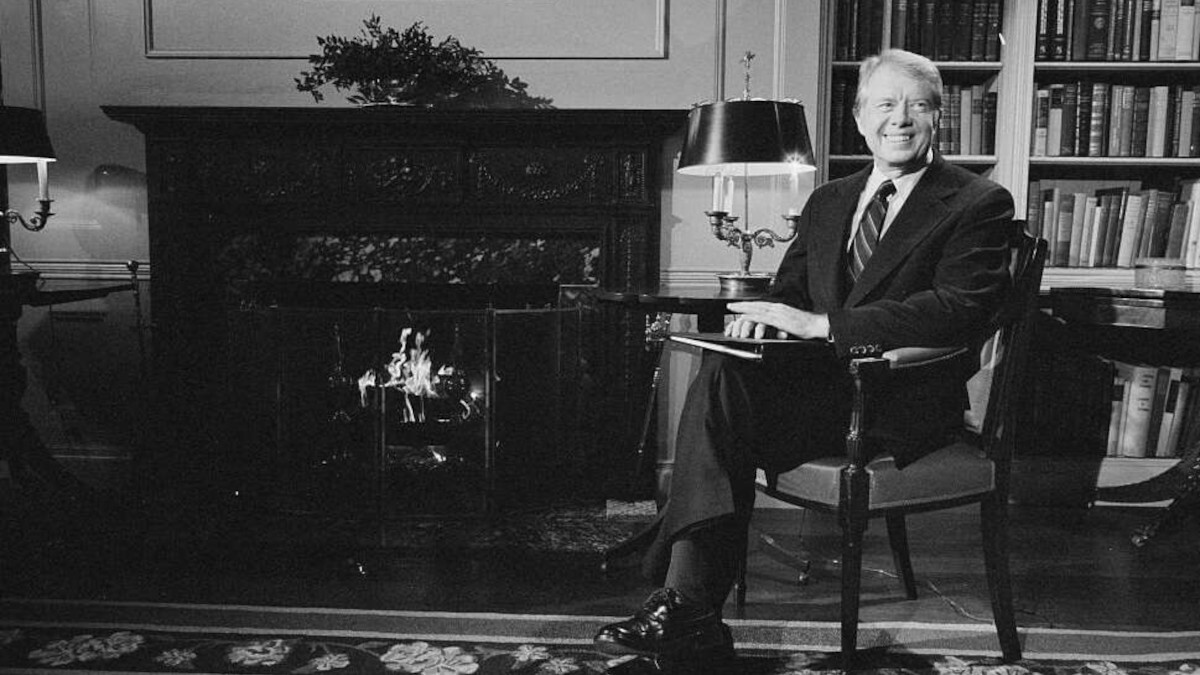
Another challenge he faced was stagflation - high inflation and low economic growth - which he tried to contain through fiscal policies aimed at reducing public spending and promoting economic efficiency. However, the results were limited, which generated much criticism from his detractors and prevented him from winning a second term in office.
In the social sphere, Carter promoted laws to protect minorities and women, and strengthened the fight against discrimination. He also launched social reforms aimed at improving housing, health and education, making the fight against poverty one of his pillars.
This also extended to his foreign policy, based on the promotion of human rights, peace and disarmament. Because of his defence of human rights, Carter decided to end US support for foreign military dictators.
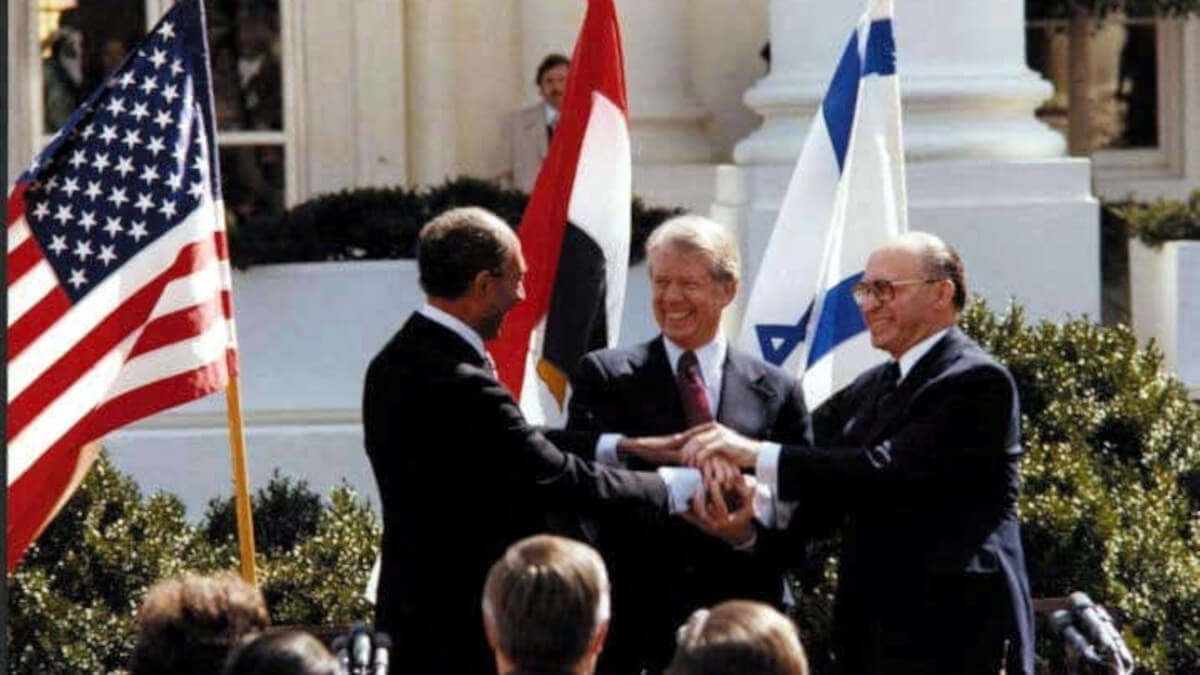
Since the beginning of his election campaign, Carter criticised the Republican administration that preceded him for contributing to the overthrow of Chile's democratically elected socialist president Salvador Allende in 1973 and helping to establish a military dictatorship in that country led by Augusto Pinochet.
Carter also brought Israel and Egypt to peace with the Camp David Accord, returned the Panama Canal to the Central American country and signed a nuclear arms reduction treaty with the then Soviet Union.

However, the Soviet invasion of Afghanistan in December 1979 was a turning point that severely damaged relations between Washington and Moscow. In response, Carter suspended US participation in the 1980 Moscow Olympics, applied economic sanctions against the USSR and supported Afghan rebels fighting the Soviet occupation.
One of the episodes that marked Carter's international policy was the Iran hostage crisis. In 1979, following the Islamic Revolution in Iran, a group of radical students, influenced by the fundamentalism of Ayatollah Khomeini, stormed the US embassy in Tehran and took 52 US diplomats hostage, holding them for 444 days.
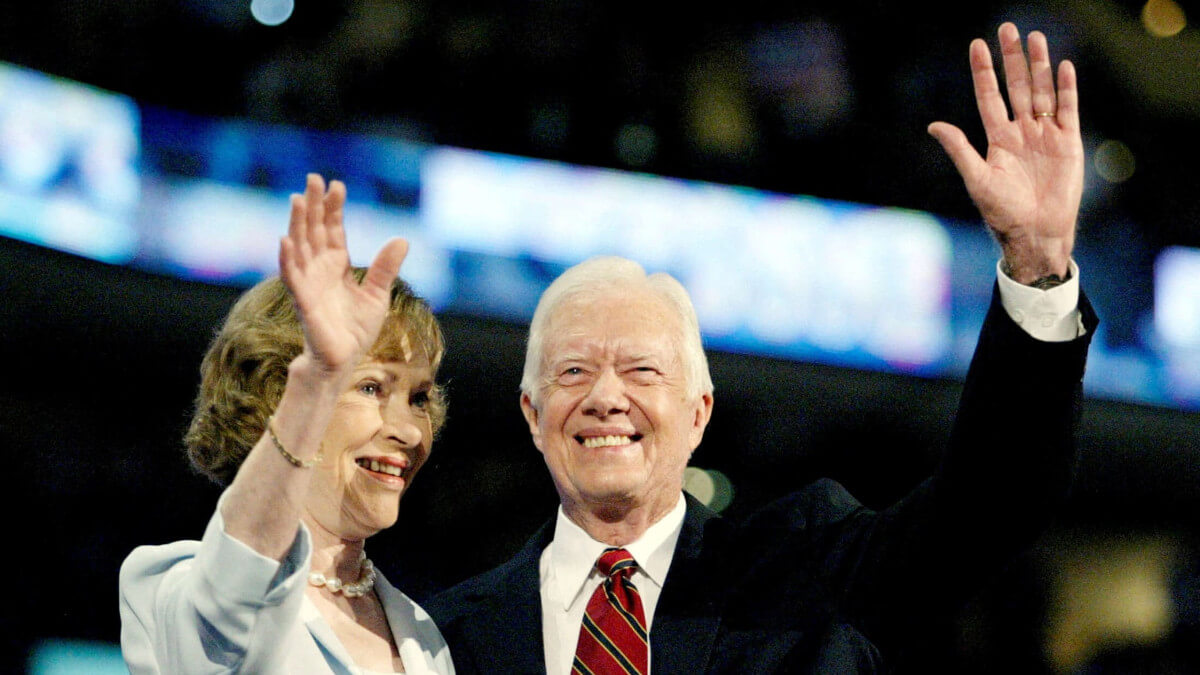
Initial negotiations to free the hostages failed, so Carter approved a military rescue that failed tragically, killing several elite soldiers.
In the midst of this situation, the opposition called on the former president to bomb Iran, which Carter rejected, one of the proudest decisions of his term in office. ‘We kept our country at peace. We never went to war. We never dropped a bomb. We never fired a bullet. Yet we achieved our international goals. We brought peace to other peoples, including Egypt and Israel,’ Carter himself told The Guardian in 2015.
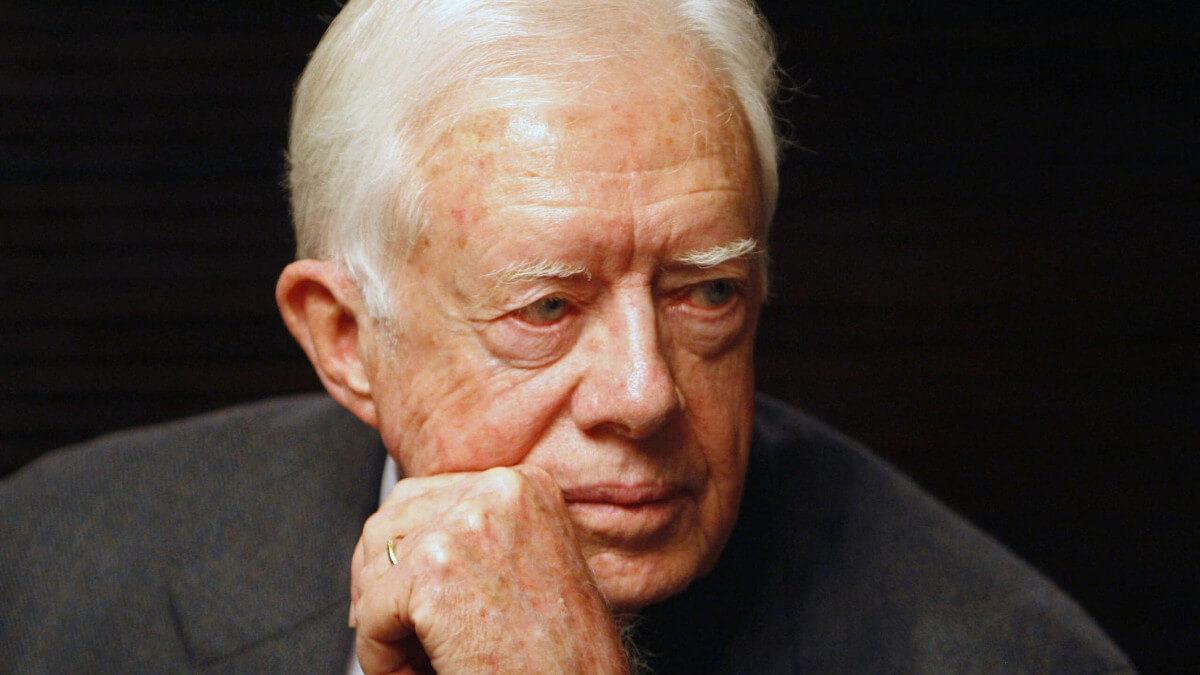
The hostages were released the same day Carter left office, making the crisis a symbol of his diplomatic failure. In addition to this crisis, the former Democratic president has been criticised for having downgraded his support for the Shah of Iran, Washington's key ally in the region.
By contrast, Carter managed to consolidate a solid reputation in Latin America compared to other US presidents. In this regard, he sought greater cooperation with the region, avoiding direct military interventions such as those that occurred in the Cold War era.
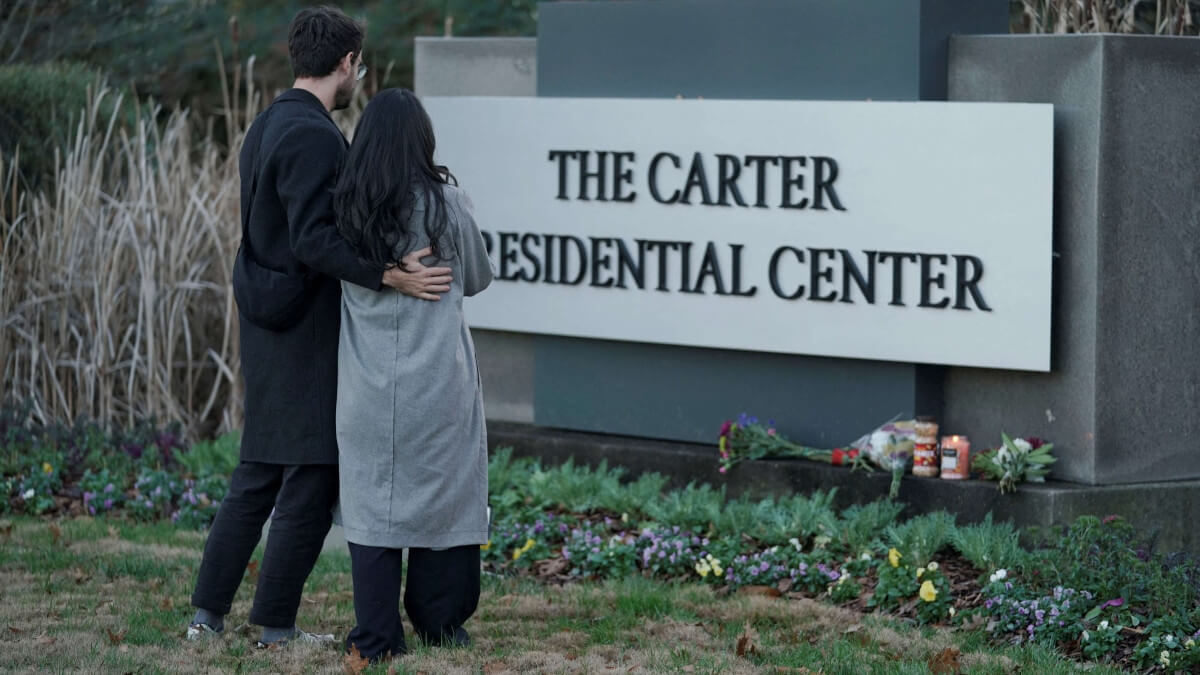
Instead of resorting to force, his administration advocated the strengthening of democratic institutions in the region and respect for human rights. Carter promoted Foreign Debt as an important issue, supporting initiatives to help Latin American countries solve their financial crises without resorting to US intervention.
With his historic visit to Cuba and meeting with Fidel Castro in 2002, he paved the way for the normalisation of relations between Havana and Washington during the Obama administration.
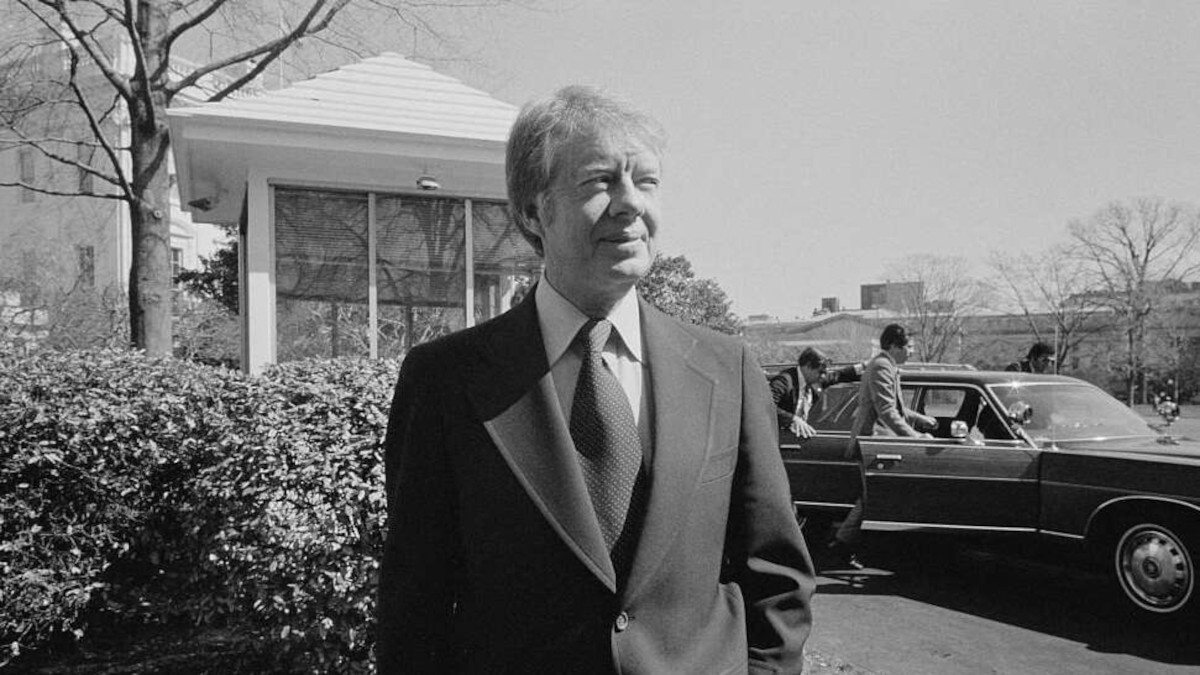
On the other hand, in Africa, Carter promoted decolonisation and self-determination, especially in countries such as Angola, where he intervened diplomatically to end civil conflict, and Namibia, where he supported South Africa's independence. However, Carter's policy on the African continent was also marked by tensions in countries such as Ethiopia, where the communist regime received support from the USSR, leading to tensions with Washington.
After losing the 1980 election to Ronald Reagan, Carter and his wife Rosalynn co-founded the Carter Center in 1982. The two spent the next 40 years travelling the world as peace mediators, human rights advocates, and promoters of democracy and public health. These efforts led to his winning the Nobel Peace Prize in 2002, recognising his role as a mediator between North and South Korea, as well as in Haiti, Bosnia and Sudan.








